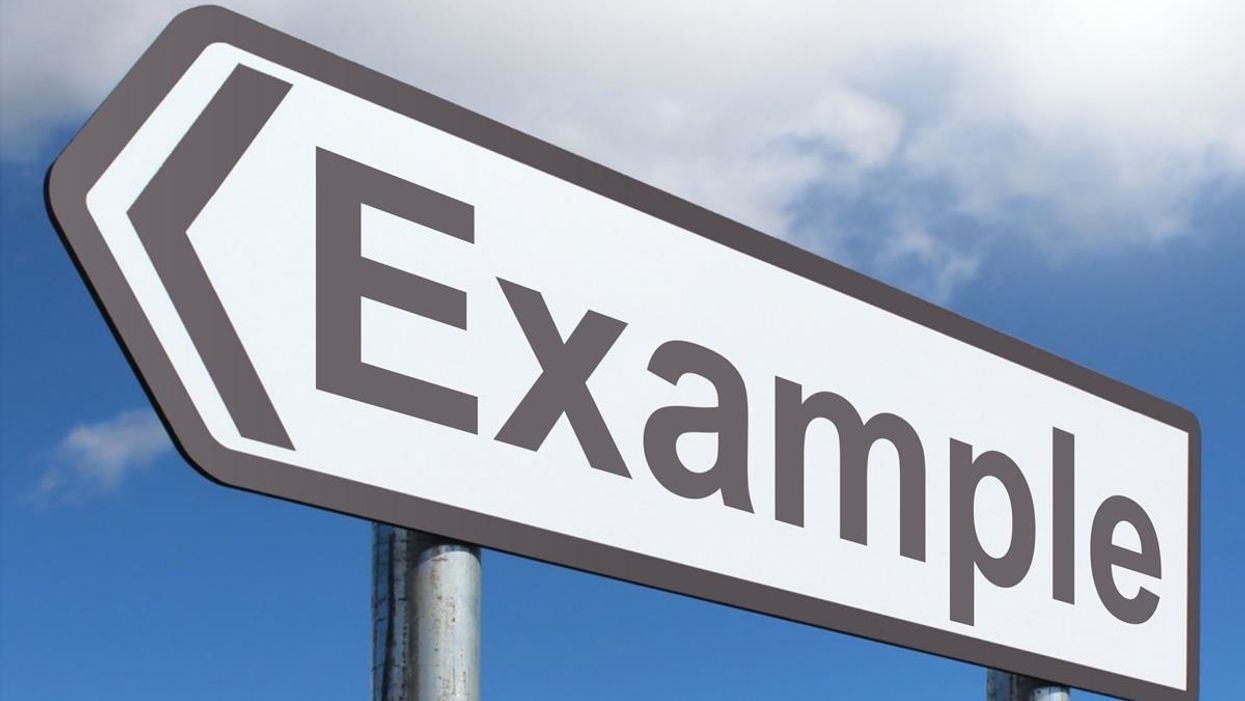As the Judiciary Committee held the first hearing on House Democrats' sweeping political process overhaul today, the predictably partisan passions on the panel were overshadowed by efforts off Capitol Hill to kill the bill.
"The general arc of our nation's politics over the last generation has made it easy to be cynical — easy to say that America has, in that time, increasingly tended towards an oligarchy, in which more and more of the political power is concentrated in fewer and fewer wealthy and powerful hands," the new Democratic chairman, Jerry Nadler of New York, declared at the outset. And the bill, dubbed HR 1, "helps level the playing field to give ordinary Americans the voice that they deserve in how our country is governed."
But the new ranking Republican, Doug Collins of Georgia, offered a passionate defense of most aspects of the voting, campaign finance, lobbying, government ethics and political mapmaking systems the legislation would alter. And he and others in the GOP chastised the proposals as infringements on free political speech and the primacy of states in setting the rules for elections
The bill's major provisions include requiring donor disclosures by super PACs, boosting lobbying registration requirements, requiring states to create non-partisan redistricting commissions and making voter registration automatic nationwide.
Meanwhile, members of the National Association of Business' political action committee convened Monday to plan their strategies for combating the bill, Vox reported.
At the same time, 154 conservative leaders banded together this week to deride the bill as "the ultimate fantasy of the left," while the libertarian group FreedomWorks is circulating a letter to its members describing the measure as "dangerous." The core of both groups' arguments is that the legislation would throttle free speech rights and increase the odds of Democratic dominance of federal government in the coming decade.




















Trump & Hegseth gave Mark Kelly a huge 2028 gift